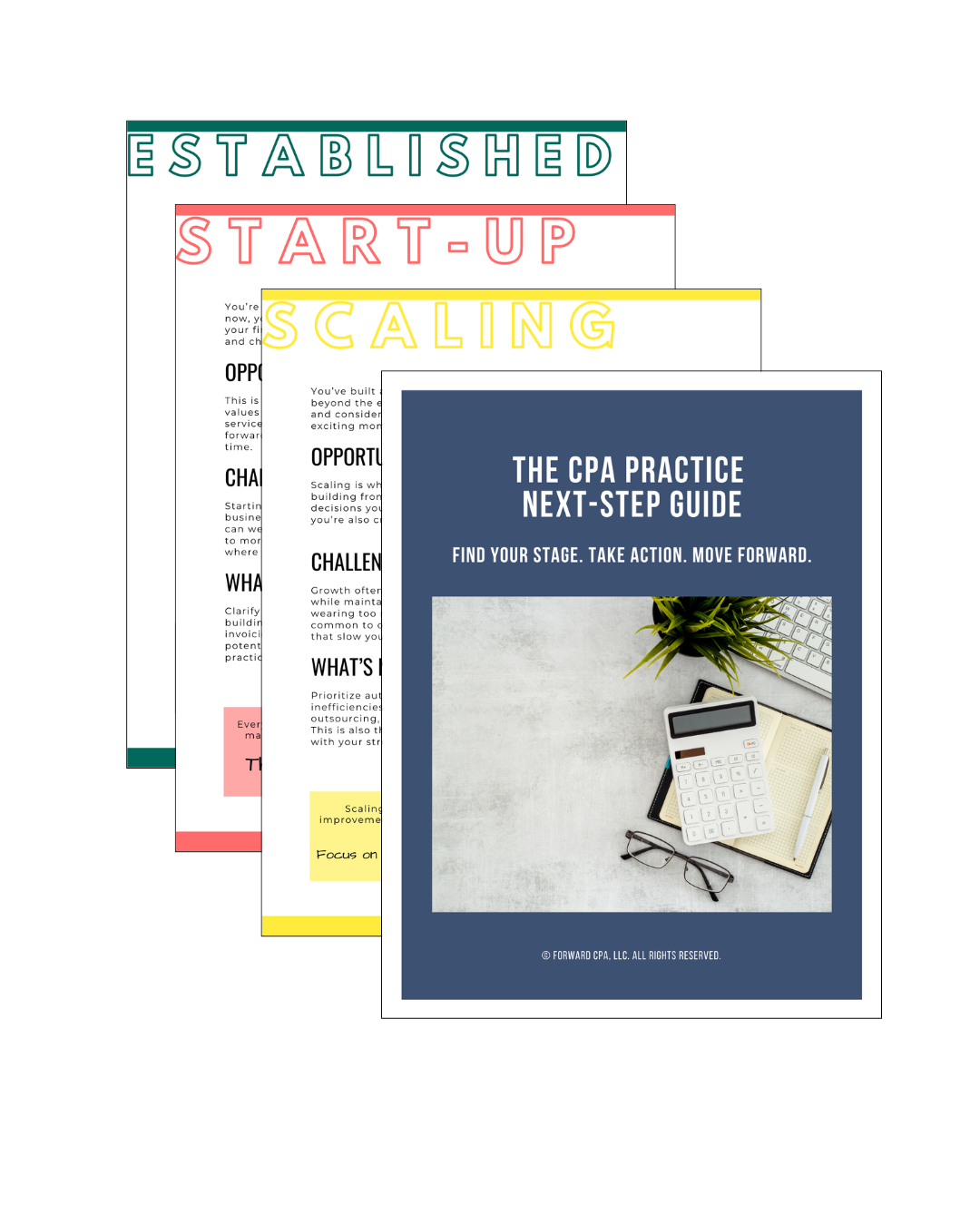How to Train Audit Staff Who've Never Worked on a Government Audit
Jul 15, 2025
You finally hired someone to help with your audit workload—but there’s one catch:
They’ve never touched a government audit.
They’re smart. Willing to learn. Maybe even experienced with for-profit or nonprofit engagements. But the first time they see a fund balance rollforward or try to navigate a school district’s trial balance, their confidence drops—and your review hours triple.
Sound familiar?
Training staff who are new to governmental audits doesn’t have to be overwhelming—or a full-season commitment. With the right approach, you can equip your team to contribute meaningfully within a few weeks, without compromising quality.
Here’s how to do it.
1. Start With What’s Different—Not Everything at Once
Don’t start with GASB 34 or a full Yellow Book download. Start by orienting your staff to what makes government audits different.
✅ Key Differences to Explain Up Front:
-
Fund accounting and why it matters
-
Modified accrual vs. full accrual
-
The purpose of government financial statements (and who reads them)
-
Why compliance and internal control testing plays a larger role
-
The basics of a SEFA and single audit risk
This isn’t about dumping information—it’s about giving them a mental map so they’re not lost before fieldwork begins.
2. Assign Work That Builds Confidence—Not Confusion
Early wins matter. Don’t start new staff on federal programs or note disclosures.
✅ Good First Tasks:
-
Tying out beginning balances
-
Testing bank reconciliations
-
Reviewing supporting documentation for capital purchases
-
Completing standardized workpapers (with templates)
-
Organizing and labeling PBC uploads
These tasks build familiarity and momentum—and set them up to contribute sooner without risking major errors.
3. Use Templates That Teach
Templates shouldn’t just save time—they should train as they’re used.
✅ What to Include in Your Templates:
-
Built-in tie-out formatting (with examples)
-
Comments or hover notes to explain common procedures
-
References to applicable audit programs or GASB sections
-
Clear naming conventions and folder structure
When templates are thoughtfully built, your staff doesn’t need to guess—they learn by doing.
4. Record Your Process Once—Then Reuse It
Instead of re-explaining how to test payroll or document internal control walkthroughs every time, record yourself once.
Tools like Loom or Snagit make it easy to walk through:
-
A completed workpaper
-
A folder structure
-
A section of fieldwork you’re reviewing
-
How to use your firm’s checklists and naming systems
Short, 5–10 minute videos go a long way in cutting down repeated questions and empowering staff to take ownership.
5. Pair Them with the Right Reviewer
Review is part of the training. But if the reviewer is overwhelmed or unclear about expectations, the new staff member won’t learn—they’ll just get edits.
✅ Set Reviewers Up for Success:
-
Let them know what the staff has learned so far
-
Provide review checklists or standard comments
-
Ask for weekly feedback on what’s working or not
The goal isn’t perfection—it’s progress and clarity.
6. Debrief Often and Celebrate Progress
Your staff won’t become a government audit expert in a month—but they can learn fast with support.
Hold a weekly 15-minute check-in to:
-
Answer questions
-
Explain any review notes that weren’t clear
-
Highlight what they did well
-
Preview what’s coming next
Even small encouragement goes a long way in keeping new auditors engaged during a steep learning curve.
Good Training Is a Growth Strategy
You don’t need to teach every nuance of GASB to get someone productive on your audit team.
You just need a plan, some solid templates, and the patience to guide them through the first few rounds.
Training staff to handle government audits isn’t a distraction from growth—it’s what enables it.
And when your team can step in with confidence, you’ll finally have the capacity to take on better clients, higher-value work, and fewer late nights.
Your Next Step Forward
Join the newsletter designed to help CPAs take the next best step in building a practice they love, with practical insights, game-changing tools, and quick wins in every email.
We hate SPAM. We will never sell your information, for any reason.




